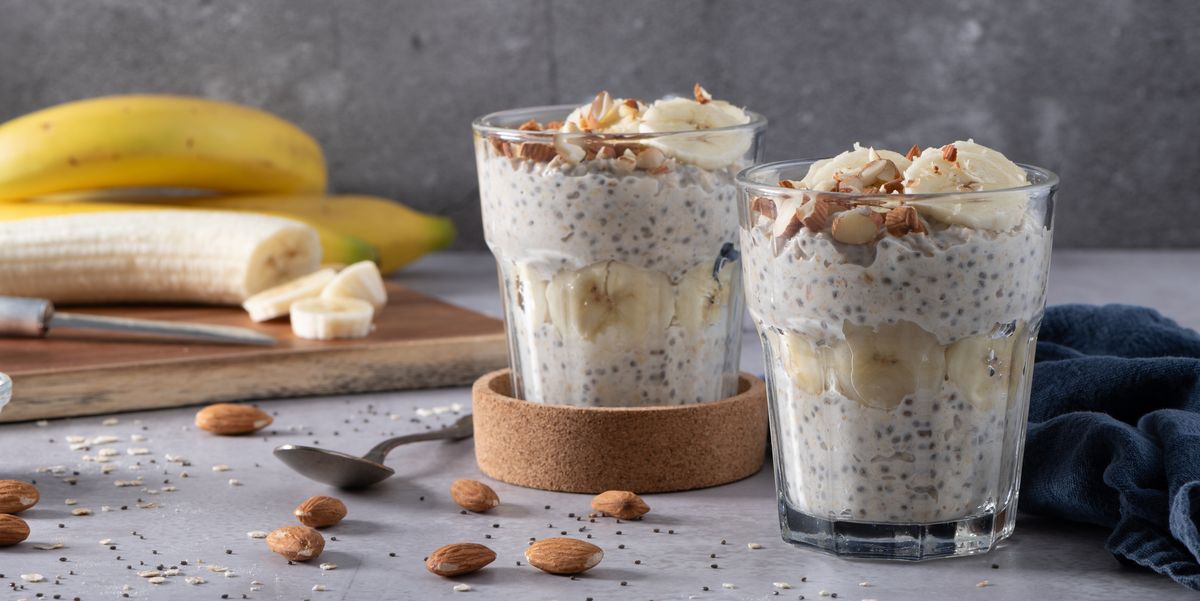Ah, UPFs (ultra-processed foods) – you’re likely tired of hearing about them now. But, as they’re increasingly linked to poor health outcomes like cardiovascular disease, obesity, diabetes, some types of cancer and depression, the extensive coverage is generally well-deserved.
And now, in the longest ever experimental study of a UPF diet, researchers have highlighted how food processing, not just nutrients, can affect body weight and health outcomes.
What did the study find?
Led by researchers at UCL and UCLA, the study compared a minimally processed diet (meals included overnight oats or homemade bolognese) with an ultra-processed diet (think breakfast oat bars and ready-made lasagne). The researchers split 55 adults into two groups, with each group completing one eight-week diet before switching to the other after a washout period, during which they followed their normal diet.
Both diets followed the Eatwell Guide – the UK’s official government advice on how to eat a healthy, balanced diet. Participants were sent more than enough food and told to eat as they normally would – with no restriction.
Interestingly, after eight weeks on the diet, both groups lost weight, potentially due to the improved nutritional profile of what they were eating compared to their normal diet. However, on the MPF diet, participants experienced a 2.06% reduction compared to a 1.05% reduction on the UPF diet. In other words, they lost twice as much weight.
What’s more, the greater weight loss on the MPF diet came from reduced fat mass and total body water with no change in muscle or fat-free mass, suggesting a healthier body composition overall.
‘Though a 2% reduction may not seem very big, that is only over eight weeks and without people trying to actively reduce their intake,’ the study’s lead author Dr Samuel Dicken said of the results. If we scaled these results up over the course of a year, we’d expect to see a 13% weight reduction in men and a 9% reduction in women on the minimally processed diet.’
What does this mean for us?
The findings suggest that following a diet containing mostly minimally processed food supports sustainable weight loss. This makes sense since such foods tend to be more satiating and less energy-dense, which can often lead to people eating less naturally without restricting in any way. Indeed, the researchers also found that there were significantly greater improvements in the number of cravings and ability to resist them on the MPF diet compared to the UPF diet.
It’s certainly not to say UPF bars and snacks (which can be useful sources of fuel, especially in a workout context) are off-limits. In fact, the findings support the idea that not all UPFs are inherently unhealthy – particularly when they adhere to appropriate nutritional guidelines.
The bottom line
To further consolidate these results, as is often the case, more research is needed and on a larger scale. However, considering this was the first ever interventional study comparing UPF and MPF diets, the findings are valuable and demonstrate just how powerful a role food and nutrition can play in supporting sustainable weight loss and healthy body composition.
Related Stories

